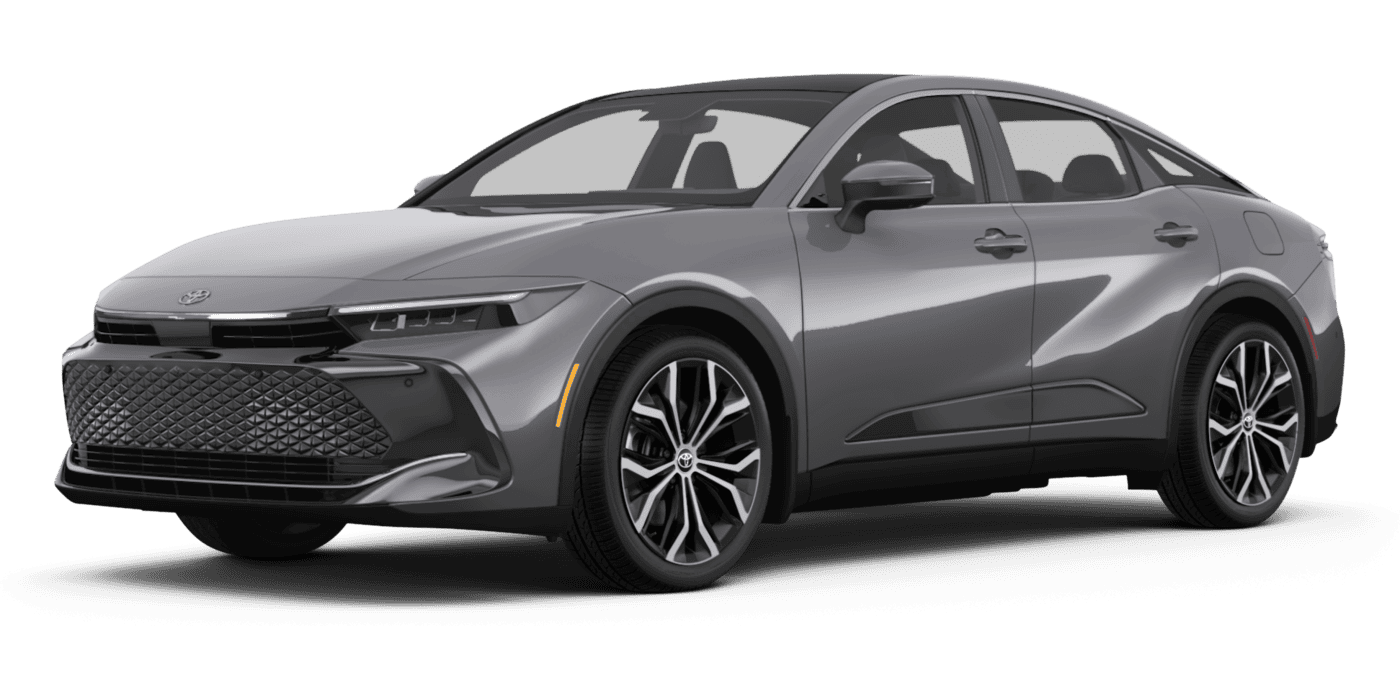News Blast: Your Daily Update
Stay informed with the latest news and trends.
Hybrid Cars: The Sneaky Eco-Warriors of the Road
Discover how hybrid cars are quietly dominating the road and saving the planet. Uncover their eco-friendly secrets now!
How Do Hybrid Cars Work: A Deep Dive into Their Technology
Hybrid cars combine both traditional internal combustion engines and electric motors to optimize fuel efficiency and reduce emissions. These vehicles operate using a complex system that allows for seamless switching between the two power sources. When starting from a stop or driving at low speeds, the electric motor typically takes the lead. This is because electric motors deliver instant torque, which is ideal for acceleration without the noise and emissions of a gasoline engine. When extra power is needed, such as during highway driving, the internal combustion engine kicks in, enhancing performance while maintaining efficiency.
Furthermore, hybrid cars employ regenerative braking technology to recover energy that would otherwise be lost during braking. When the driver applies the brakes, the electric motor acts as a generator, converting kinetic energy back into electrical energy, which is then stored in the battery for future use. This intelligent energy management not only increases the overall efficiency of hybrid vehicles but also reduces wear on the brakes. Understanding the technology behind hybrid cars is essential for anyone considering making the switch to a more eco-friendly and cost-effective mode of transportation.

Top 5 Benefits of Driving a Hybrid Car for the Environment
Driving a hybrid car offers numerous benefits for the environment, with reduced emissions being one of the most significant advantages. Hybrid vehicles utilize a combination of an internal combustion engine and an electric motor, leading to lower fuel consumption and minimized carbon dioxide emissions. According to studies, hybrid cars can reduce greenhouse gas emissions by up to 50% compared to traditional gasoline-powered vehicles, making them an eco-friendly alternative.
In addition to lowered emissions, hybrid cars contribute to less air pollution, which significantly impacts public health. With their enhanced fuel efficiency, hybrid vehicles emit fewer pollutants, such as nitrogen oxides and particulate matter. Furthermore, hybrid cars can help reduce the overall demand for fossil fuels, promoting a shift towards cleaner energy sources. This transition not only helps to protect the planet but also fosters sustainability for future generations.
Are Hybrid Cars Worth the Investment? A Cost-Benefit Analysis
When considering whether hybrid cars are worth the investment, it’s essential to analyze both the initial costs and long-term savings. The upfront price of a hybrid vehicle is typically higher than that of a conventional gasoline car, primarily due to the complex technology involved. However, the fuel efficiency of hybrid cars can lead to significant savings on gas over time, especially in regions with high fuel prices. Moreover, many governments offer tax incentives or rebates for hybrid vehicle purchases, which can offset the initial investment and make them more appealing.
In addition to fuel savings, owning a hybrid can also contribute to reduced maintenance costs. Hybrid cars often experience less wear on their engines and brakes, leading to fewer repairs and longer-lasting components. On average, drivers of hybrid vehicles can expect to save up to 20% more on maintenance compared to traditional cars. Ultimately, the decision to invest in a hybrid vehicle should account for individual driving habits, local fuel prices, and personal values regarding environmental impact, making it crucial to conduct a comprehensive cost-benefit analysis.